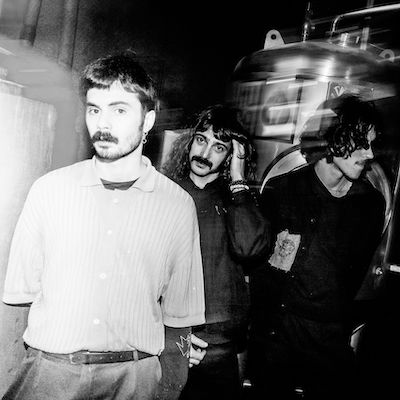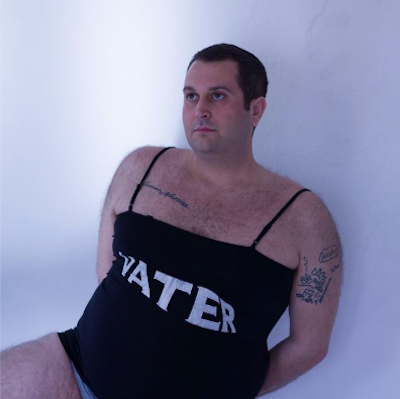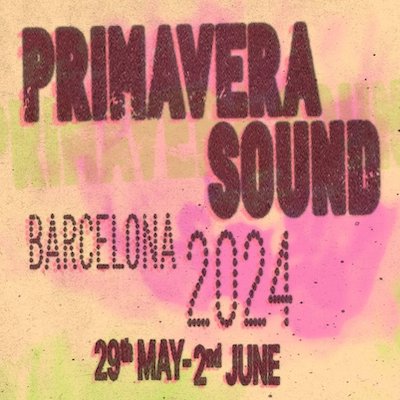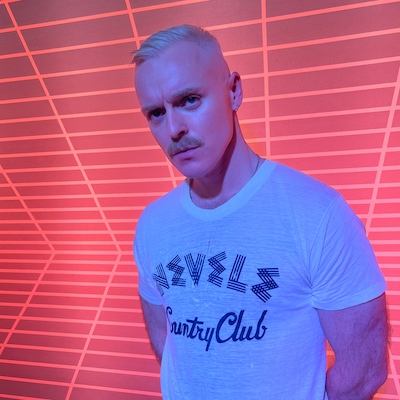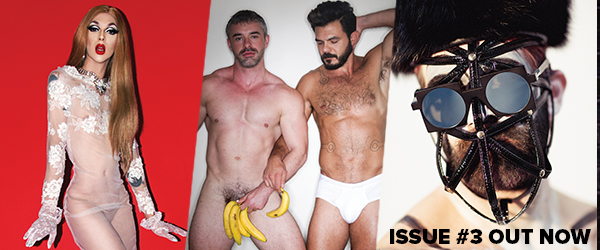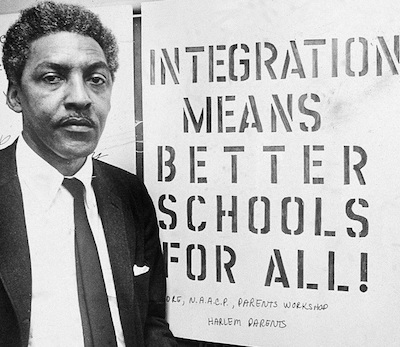
One of my favourite things to have come from starting Loverboy, is meeting people and learning from them. That was really the whole reason I started this magazine, this site – I wanted to tell people’s stories.
And what a joy it has been reading London icon, performer & activist, Mzz Kimberley‘s daily lesson on her personal heroes during Black History Month. To celebrate we asked her to choose five of these heroes from within the LGBT community and tell their story. Today we begin with Martin Luther King’s right-hand-man, Bayard Rustin.
Bayard Rustin (1912 – 1987)
‘I have a dream…’ said Martin Luther King Jr to more than a quarter of a million people in Washington DC on 28 August 1963, in part, due to the work of openly gay civil rights campaigner Bayard Rustin, chief organizer of the March on Washington for Jobs and Freedom.
Born in Pennsylvania and raised by his Quaker grandparents, Rustin got into university and teacher training college on a musical scholarship as a tenor vocalist, which also got him a regular gig at the Cafe Society in Greenwich Village in the 1930s, leading to meetings with the black intellectual and cultural leaders of the day.
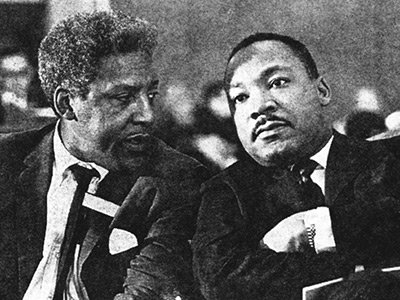
Rustin was an early civil rights activist. He was arrested in 1942 after a personal protest segregated interstate buses, 13 years before Rosa Parks’ Montgomery Bus Boycott. He spotted King’s leadership potential early on and convinced him to embrace Gandhian tactics of non-violence, which Rustin had learned about on a visit to India in 1948.
Despite not hiding his sexuality, a 1953 arrest for ‘sex perversion’ and affiliation with the Communist Party in his youth, was used by congressman Adam Clayton Powell Jr to force Rustin’s resignation from the organization he had started with King, Southern Christian Leadership Conference.
In the 1970s and 80s Rustin supported the burgeoning gay rights movement. He said in a speech entitled ‘The New Niggers Are Gays’ in 1986:
‘Today, blacks are no longer the litmus paper or the barometer of social change. Blacks are in every segment of society and there are laws that help to protect them from racial discrimination. The new “niggers” are gays. It is in this sense that gay people are the new barometer for social change. The question of social change should be framed with the most vulnerable group in mind: gay people.’
Watch the short documentary ‘Bayard & me’ by Bayard’s partner, Walter Naegle.



